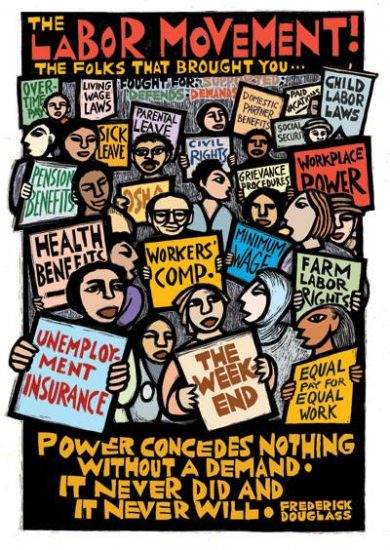
By Ricardo Levins Morales. Click image to order poster. Do not reprint without permission of artist.
This International Workers’ Day — May 1st — comes in the midst of union victories — and ever ongoing challenges for workers, including teachers.
What could be more important for our students than to learn that progress toward greater justice in the world has occurred only when people have organized together and fought for it?
But the right to teach about that labor history is jeopardized by the growing number of anti-history laws and high-stakes testing.
The Zinn Education Project continues to offer free lessons on labor history and to campaign for teachers’ right to teach. Sign up for the Teach Truth Day of Action on June 8.
Find examples below of free lessons and other resources about labor history, including selected “This Day in History” stories.
May Day is a good day to remind ourselves — and our students — that people make history.
Students Uncover “The Power in Our Hands”
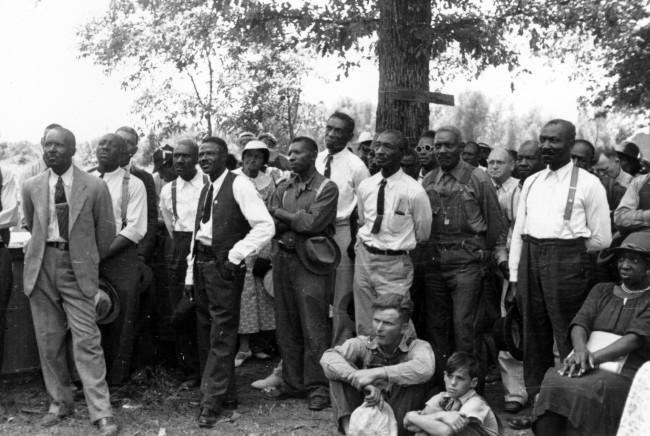 The Zinn Education Project offers a collection of free lessons on labor history from the teaching guide by Bill Bigelow and Norm Diamond, The Power in Our Hands.
The Zinn Education Project offers a collection of free lessons on labor history from the teaching guide by Bill Bigelow and Norm Diamond, The Power in Our Hands.
This curriculum introduces students to the Homestead Strike, Union Maids, Southern Tenant Farmers Union, “scientific management,” the impact of racism on labor organizing, and more — with complete lesson instructions and handouts.
Deportations on Trial: Mexican Americans During the Great Depression
From the late 1920s to the late 1930s, adults and children, immigrant and U.S.-born, citizen and noncitizen, longtime residents and temporary workers all became the targets of a massive campaign of forced relocation, based solely on their perceived status as “Mexican.”
In the role play, Deportations on Trial: Mexican Americans During the Great Depression by Ursula Wolfe-Rocca, students analyze who is to blame for the illegal, mass deportations during the Great Depression and consider parallels today. This lesson is available for free download.
This Day in History
Below are a few key events in labor history. There are dozens more in our This Day in History collection.
July 19, 1881: Atlanta Washerwomen’s Strike
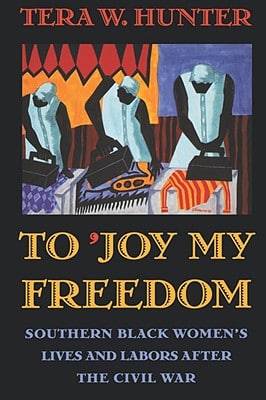 Black women in Atlanta who washed clothes for a living organized an effective Reconstruction-era strike — with demands, strategic timing, and door-to-door canvassing.
Black women in Atlanta who washed clothes for a living organized an effective Reconstruction-era strike — with demands, strategic timing, and door-to-door canvassing.
They sought higher pay, respect, and autonomy over their work and established a uniform rate at $1 per dozen pounds of wash. With the help of Black ministers throughout the city, they held a mass meeting and called a strike to achieve higher pay at the uniform rate.
May 14, 1913: Longshore Strike in Philadelphia
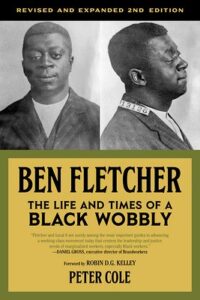 More than four thousand Philadelphia longshoremen, who loaded and unloaded ships, went on strike and shut down one of the busiest ports in the United States. During their two-week strike, they joined the Industrial Workers of the World (IWW), a revolutionary union deeply committed to racial equality and socialism.
More than four thousand Philadelphia longshoremen, who loaded and unloaded ships, went on strike and shut down one of the busiest ports in the United States. During their two-week strike, they joined the Industrial Workers of the World (IWW), a revolutionary union deeply committed to racial equality and socialism.
As members of Local 8 (of the IWW’s Marine Transport Workers industrial union), they were led by Ben Fletcher — a brilliant organizer, humorous speaker, and the most prominent African American in the IWW.
Jan. 31, 1938: Emma Tenayuca Leads Pecan Sheller Strike
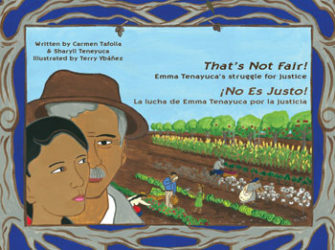 12,000 pecan shellers, mostly Mexican American women, marched out of the factories in San Antonio to demand better working conditions and higher wages. They unanimously elected Emma Tenayuca as their strike leader.
12,000 pecan shellers, mostly Mexican American women, marched out of the factories in San Antonio to demand better working conditions and higher wages. They unanimously elected Emma Tenayuca as their strike leader.
Years later, as a result of anti-Mexican, anti-Communist, and anti-union propaganda, Tenayuca was forced to leave Texas to ensure her safety and well-being. Eventually, she returned to San Antonio and became a teacher.
Women in Labor History
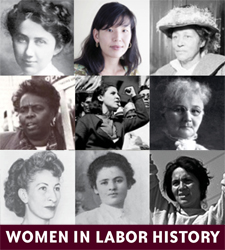 Textbooks and media often ignore women’s activism in labor history, despite the many roles women have played to organize, unionize, rally, document, and inspire workers.
Textbooks and media often ignore women’s activism in labor history, despite the many roles women have played to organize, unionize, rally, document, and inspire workers.
From championing better workplace conditions to cutting back the 12-hour day to demanding equal pay across racial lines, these are just a few of the women who have contributed to the labor movement. Learn more.
Books on Labor and Organizing
Here is a list from Social Justice Books of recommended titles for pre-K—12 and background reading for educators on labor history and labor organizing.
Films with a Conscience
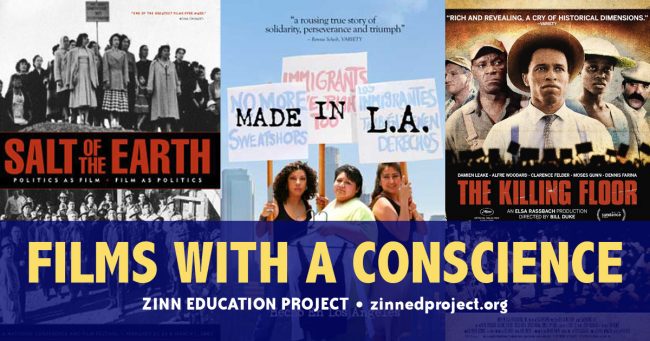 These “films with a conscience” can help young people think deeply about the world. Many of these films alert students to how individuals and social movements have tried to make life better. The list includes 11 films about labor history and organizing. Many are available to stream online for little or no cost.
These “films with a conscience” can help young people think deeply about the world. Many of these films alert students to how individuals and social movements have tried to make life better. The list includes 11 films about labor history and organizing. Many are available to stream online for little or no cost.
Most of the Zinn Education Project funding comes from individuals like you. Make a donation today and help bring people’s history lessons to millions of students.

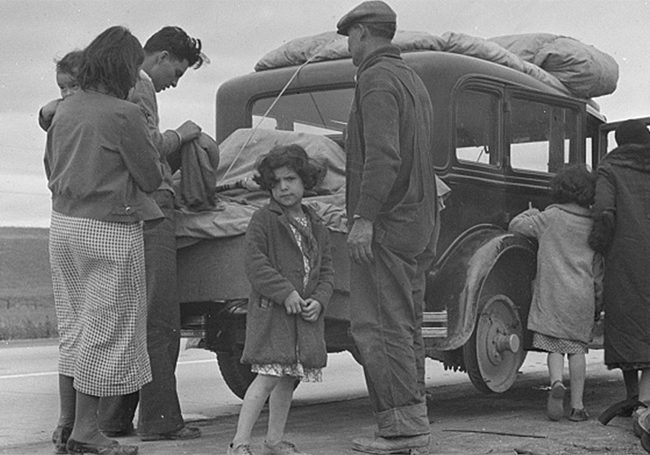
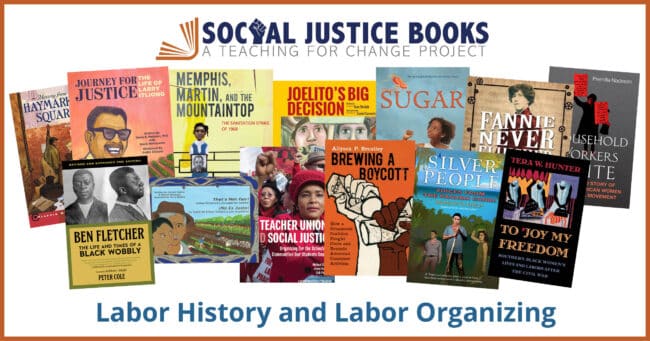
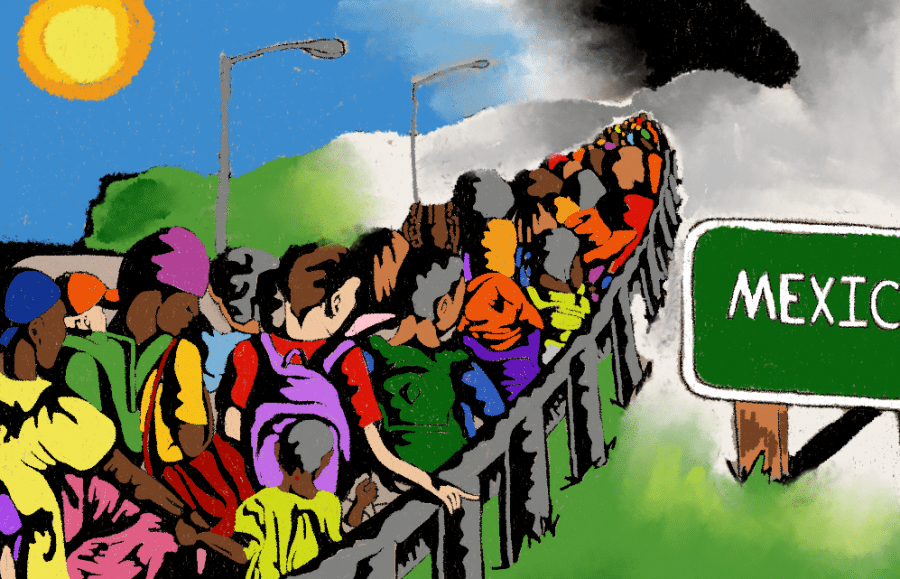
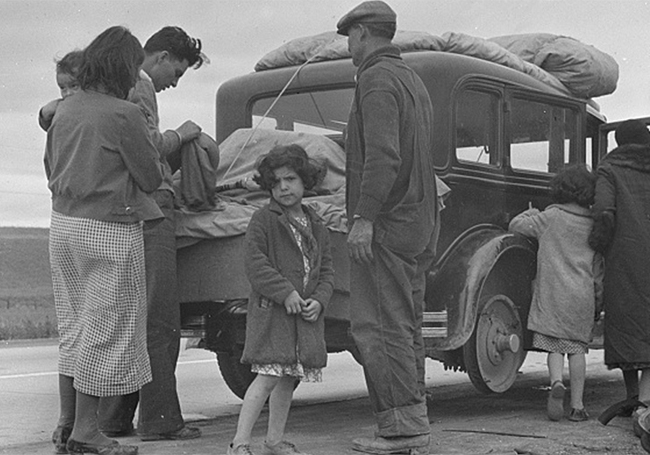
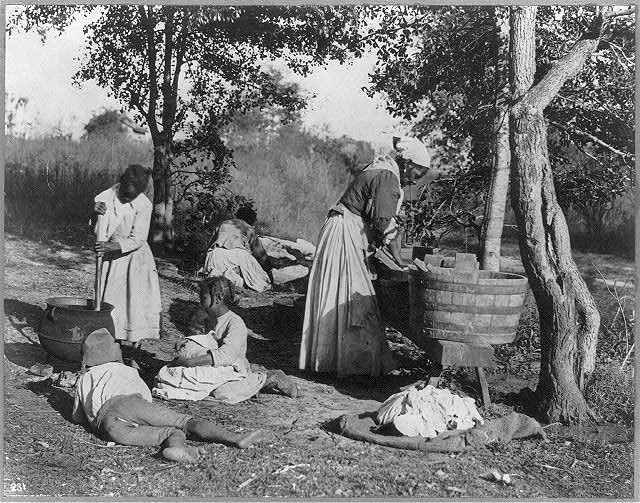
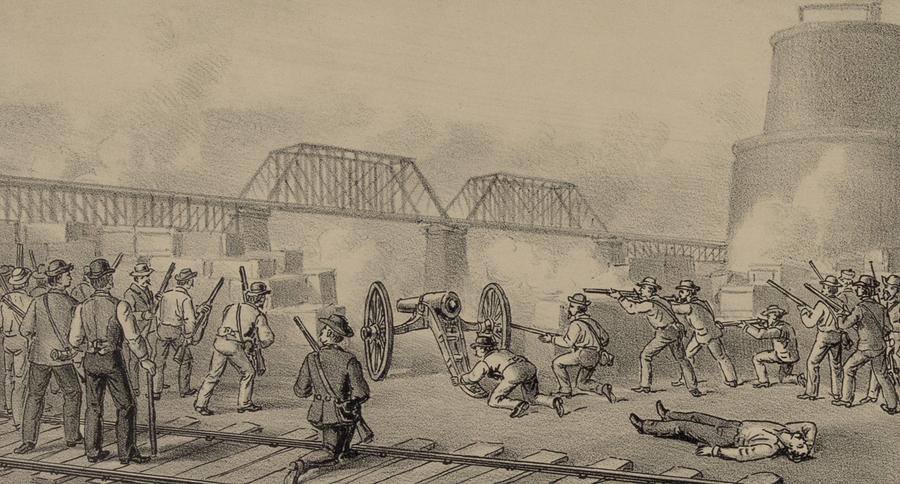
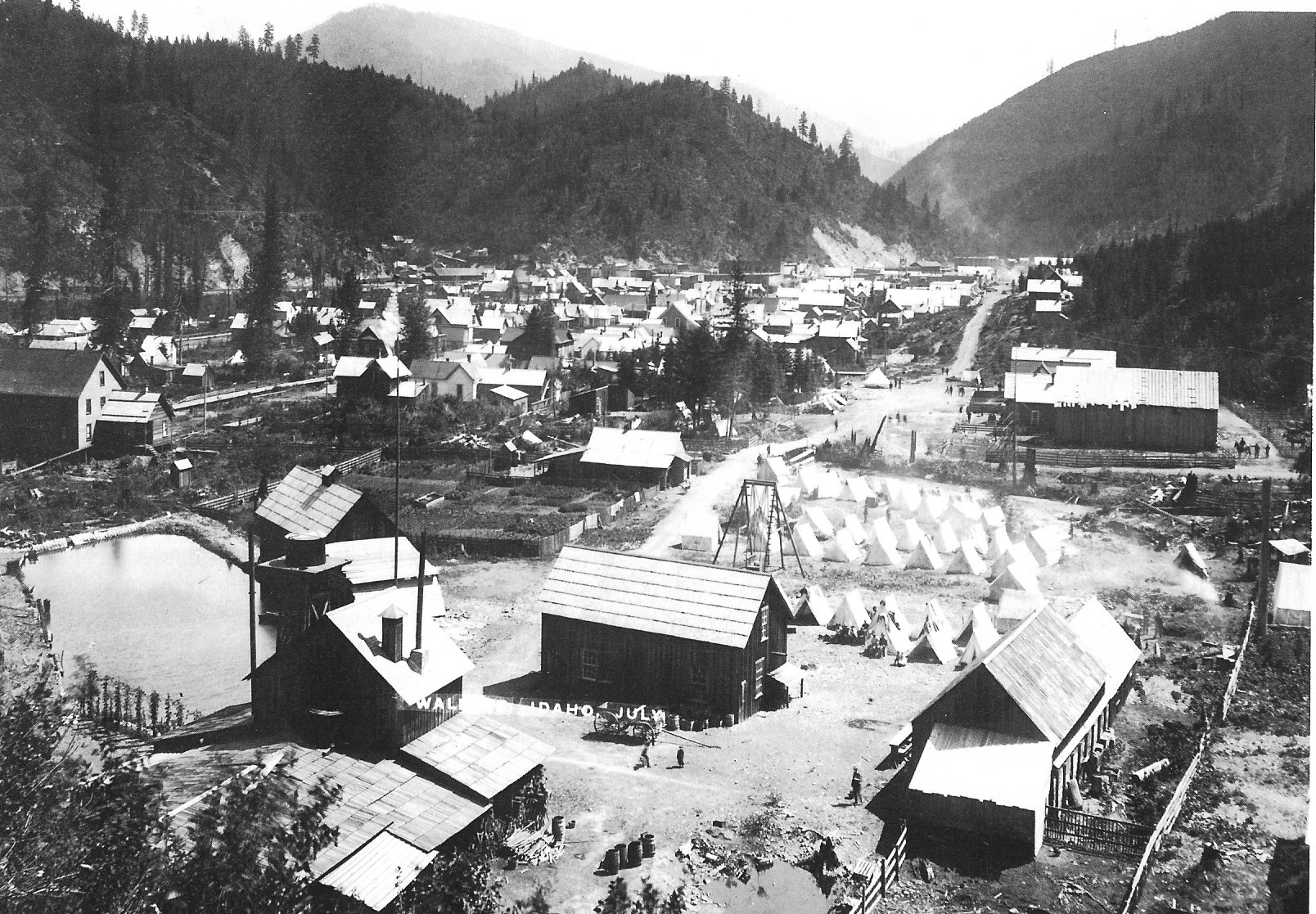
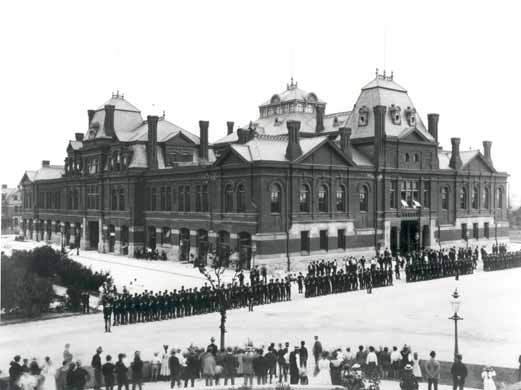
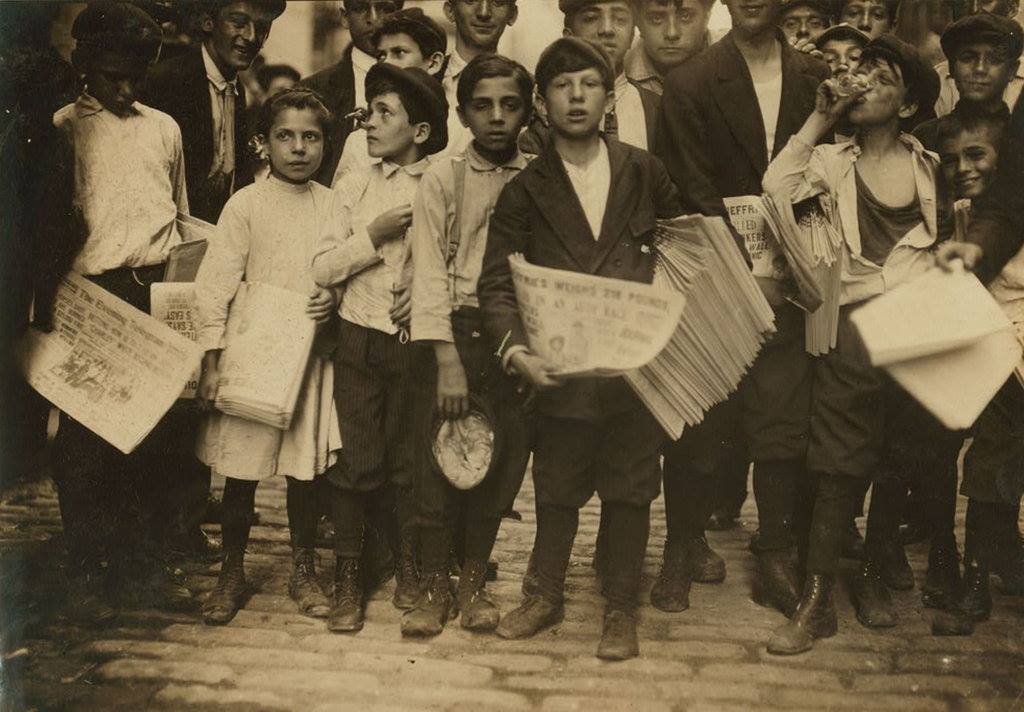
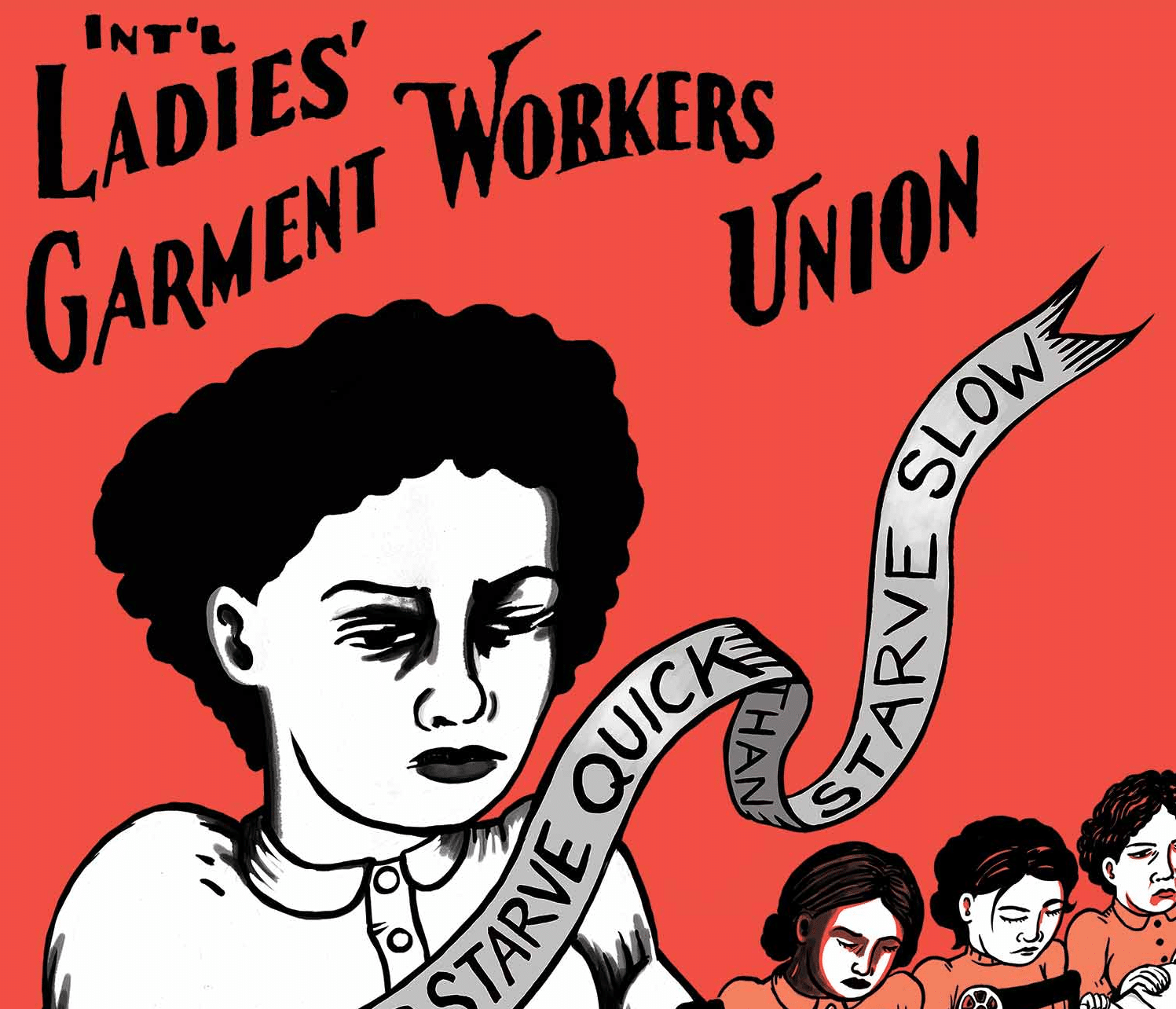
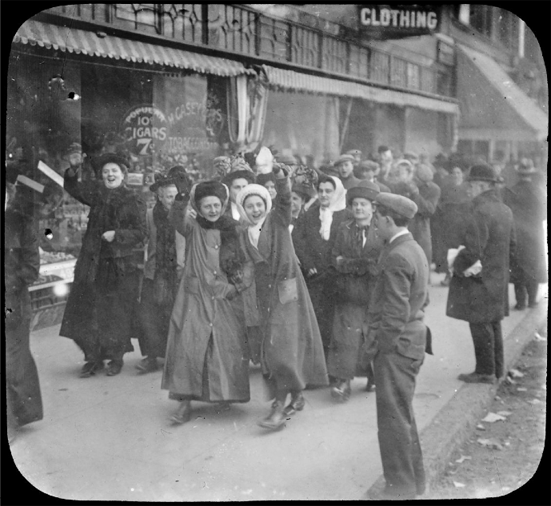

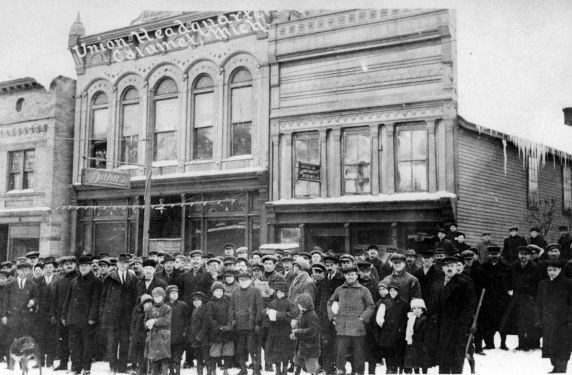
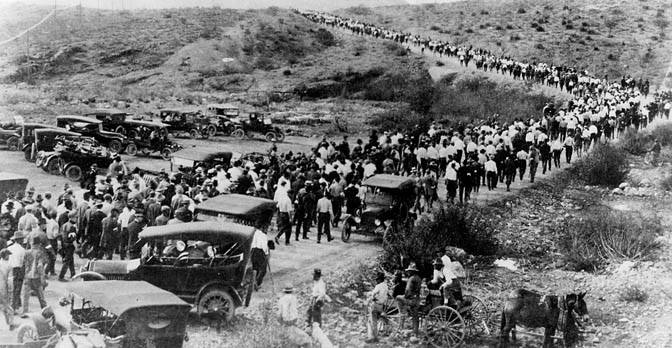
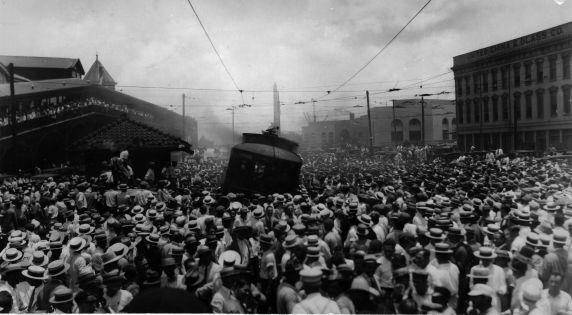
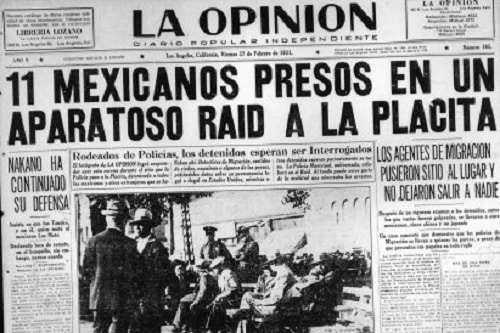
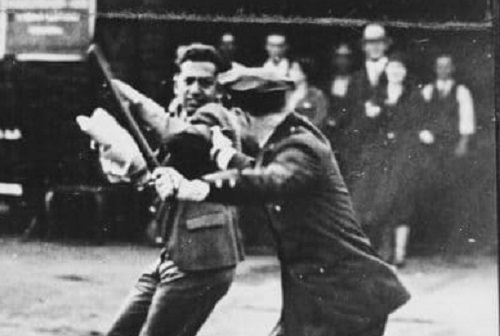
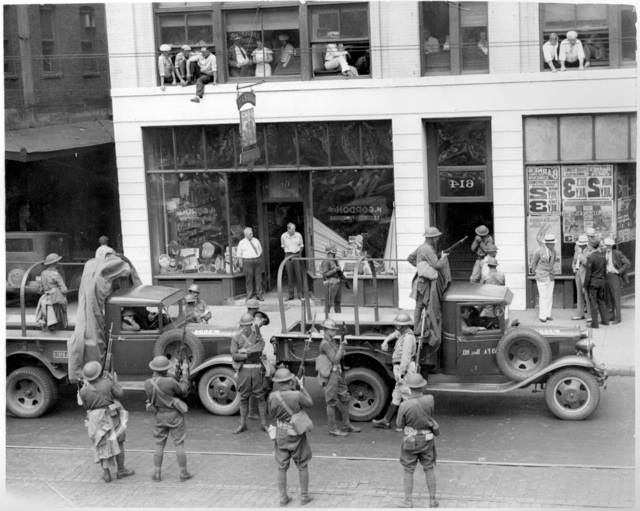
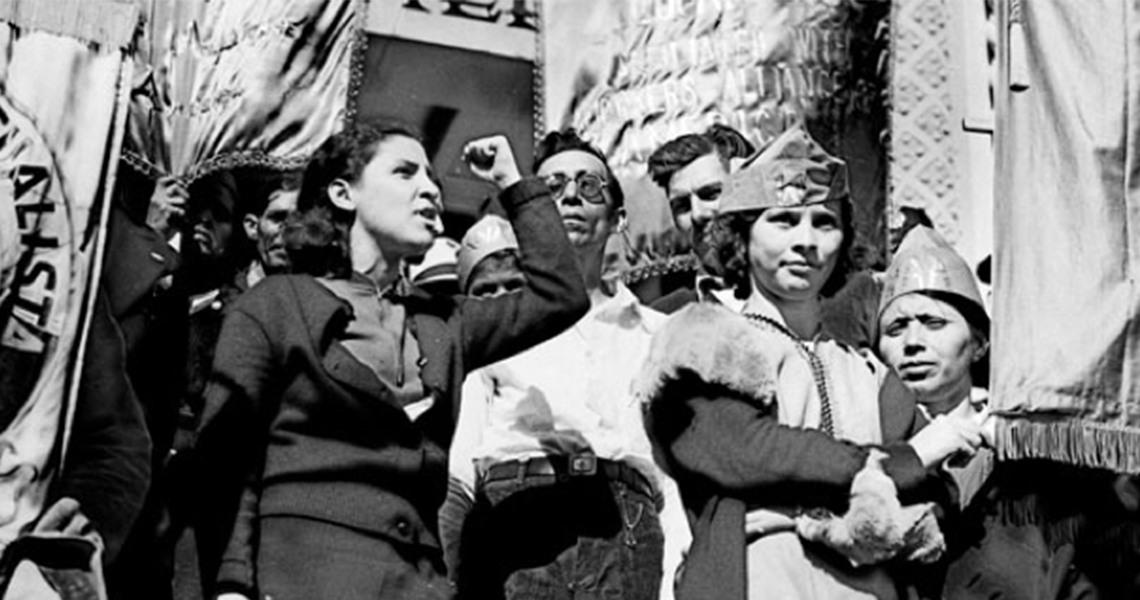
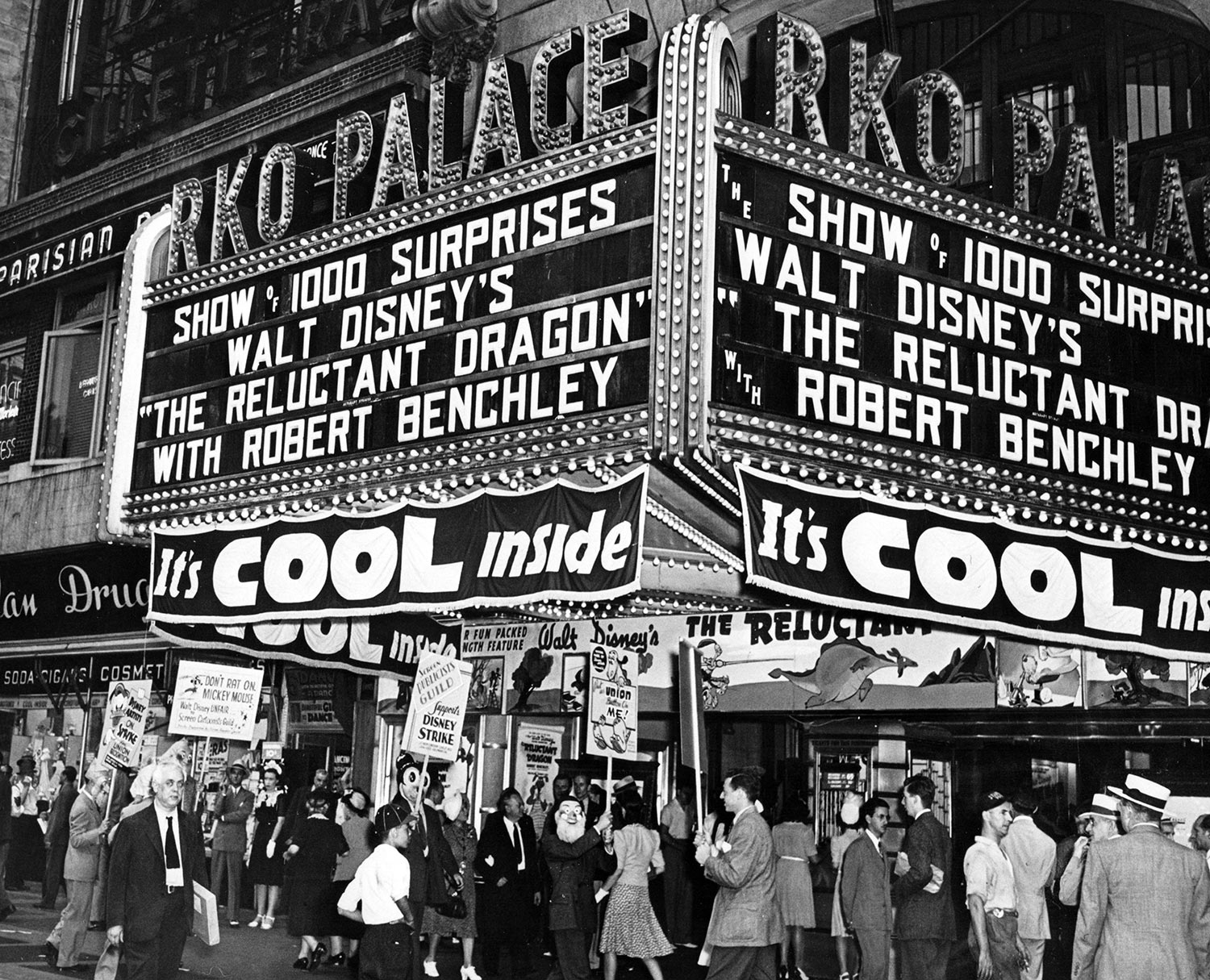
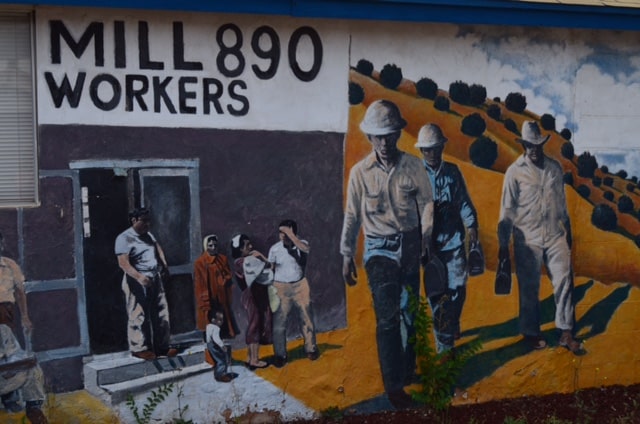
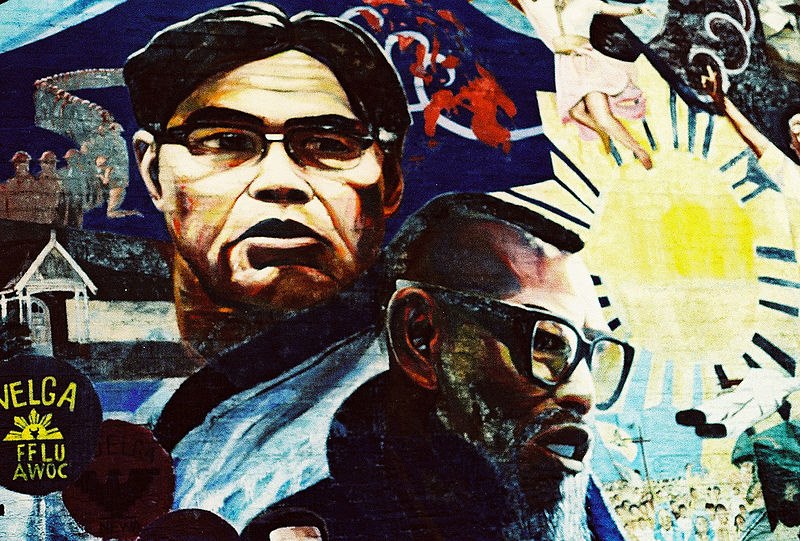
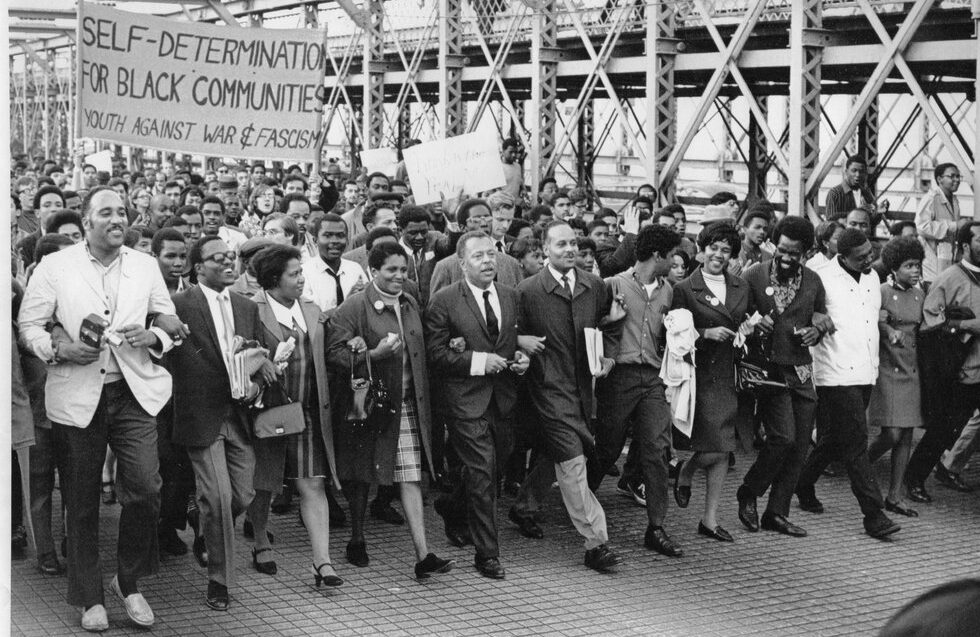
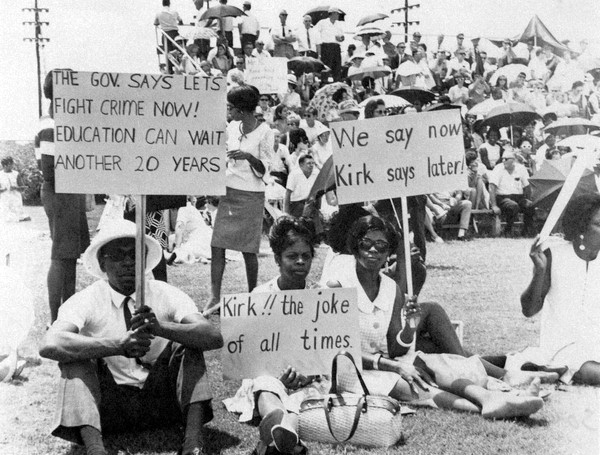
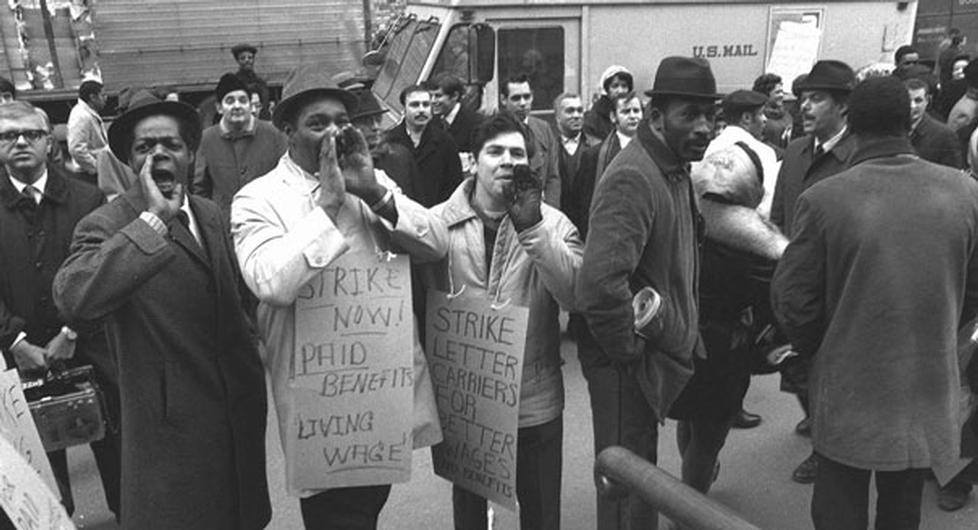
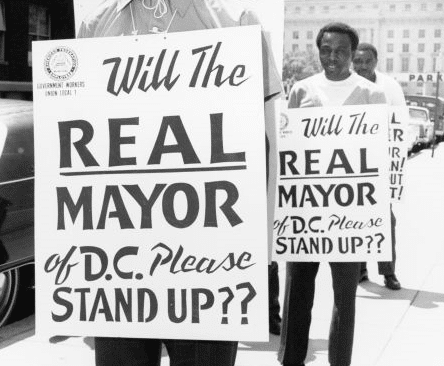





Twitter
Google plus
LinkedIn